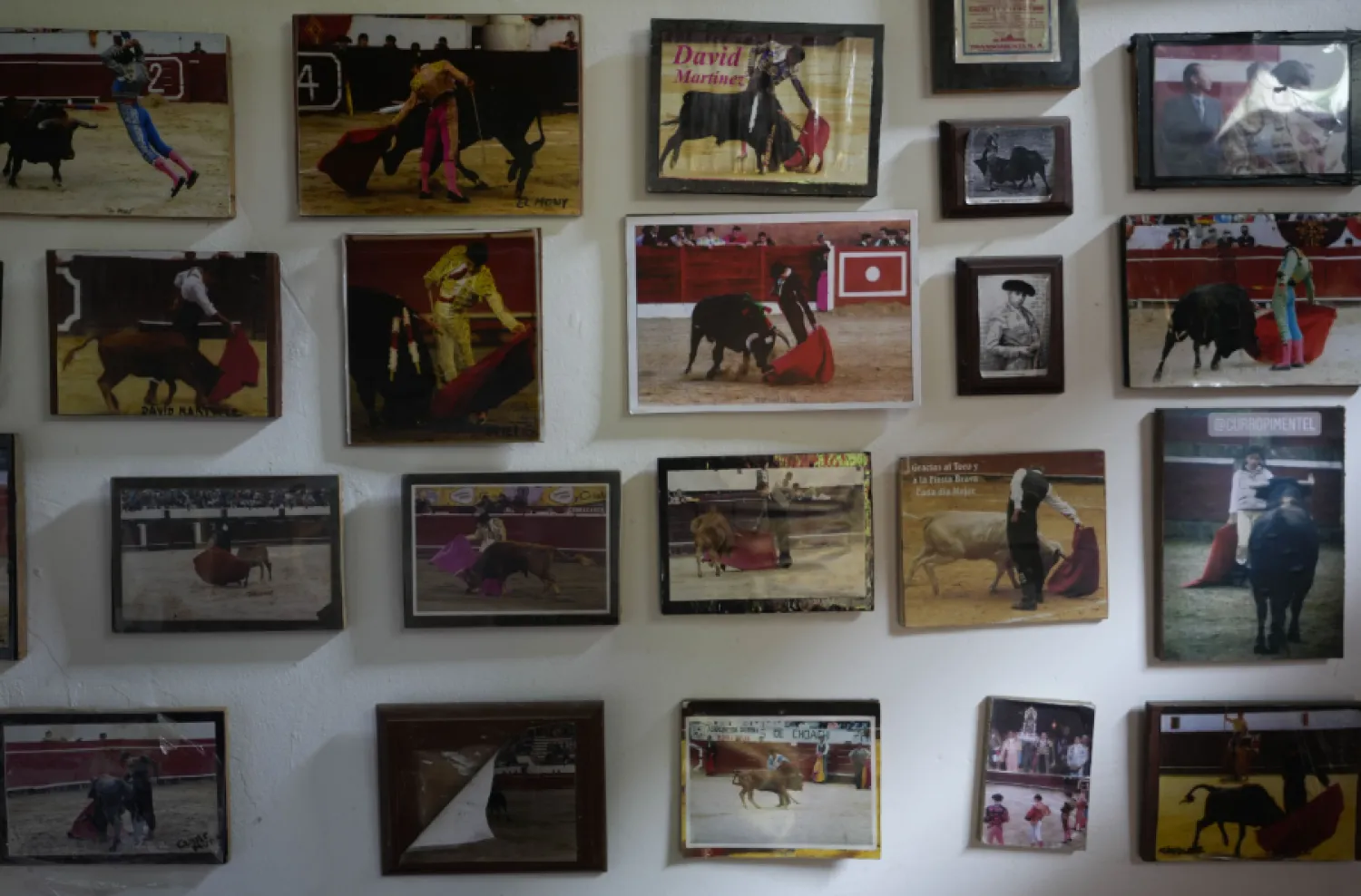Sebastián Caqueza says a new law to ban bullfighting in Colombia by 2028 will not dampen his passion for the sport that he has been practicing since has was a small boy.
Caqueza became a professional matador five years ago by taunting a fully grown bull for about 20 minutes and killing it with his sword, in a ceremony known as the Alternativa. Now, the 33-year-old says he will struggle to make a living as a bullfighter, but vows to do his best to stay in the centuries-old tradition.
“I will continue to participate in bullfights outside of Colombia,” said Caqueza. “And once bullfights are illegal in Colombia, we will stage them here anyway, because this is our passion and our life.”
“I will die a bullfighter” The AP quoted Caqueza as saying.
The legislation signed Monday by President Gustavo Petro places restrictions on bullfighting for a three-year transitional period and then imposes a full ban by 2028. It also orders the government to turn more than a dozen bullfighting arenas into concert halls and exhibition venues.
The bill was approved earlier this year by Colombia’s Congress after a heated debate. It removes Colombia from the short list of countries where bullfighting is still legal, including Spain, France, Portugal, Mexico, Venezuela, Ecuador and Peru, although the bill does not spell out sanctions for those who continue to stage bullfights.
Recent polls conducted across Colombia indicate bullfighting has lost popularity in the South American country, and animal rights activists have widely celebrated the government’s efforts to end an endeavor they describe as cruel and out of touch with modern values.
Bullfighting aficionados, and those who make a living from the sport, argue the government is threatening the cultural freedoms of minorities.
The bill has especially worried matadors, their assistants and cattle ranchers who specialize in rearing fighting bulls, whose future is now uncertain.









